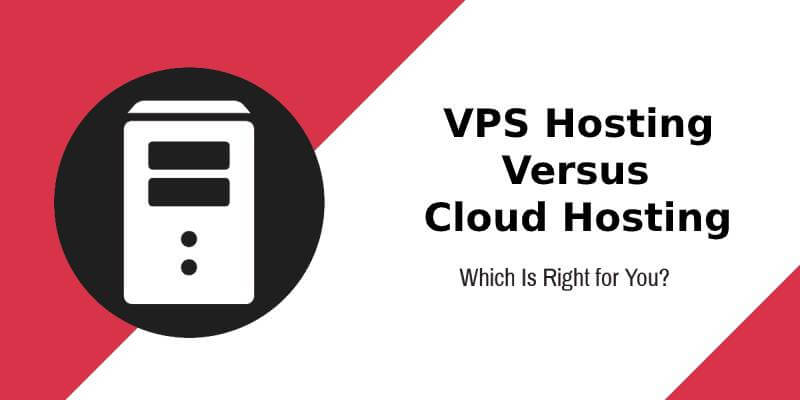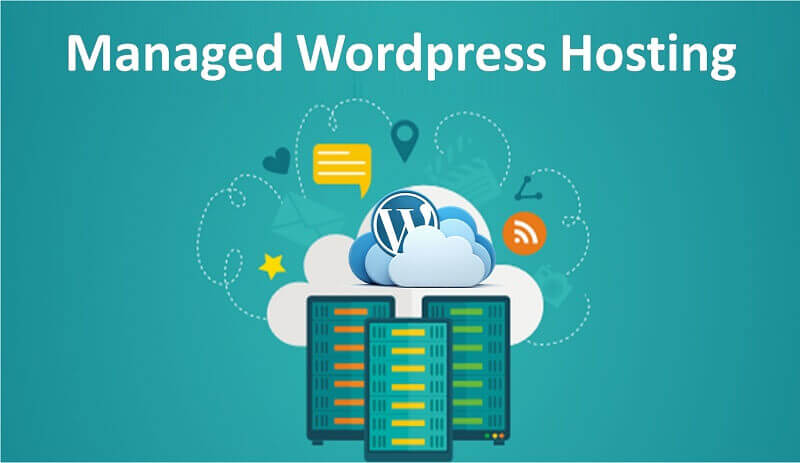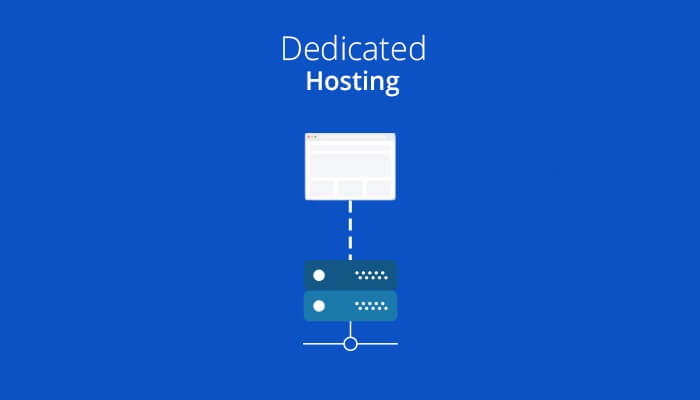The web hosting options out there are varied enough to confuse beginner developers. It’s not easy to choose between two of the most popular hosting alternatives, like VPS hosting and cloud hosting when you don’t know what makes them different. If you are set on creating a website, but you don’t know what type of hosting to choose for it, this short guide on VPS hosting versus cloud hosting should help you make an easy decision.
What Is VPS Hosting?
Virtual Private Server (VPS) hosting is a type of web hosting that holds your website’s files on a virtual image of a physical server. It has its own dedicated server environment and does not share the necessary computing resources with other websites.
The benefits of using VPS hosting for your website include high-performance, above-average speed, and a wide range of customization options.
The downsides of VPS hosting refer mostly to its scalability and security. With VPS hosting, you have a limited amount of resources on the virtual server. However, if you want to enhance your website and increase traffic to it, you might find your ambitions limited by its design. Secondly, your website may be exposed to malicious attacks that usually hit VPS servers.
VPS hosting is the ideal web hosting solution for those who want to have full control over a small, medium-traffic website.
What Is Cloud Hosting?
Cloud hosting is a type of web hosting solution that takes your website’s data and stores copies of it on multiple physical computers, and not only on one as is the case with VPS hosting.
When you use cloud hosting, you have the guarantee that your website will not go down when one of the physical servers shuts off. Instead, another machine will keep it alive through the copy that it holds, and which it is always updated in real-time.
The advantages of cloud hosting include limitless scalability and top-level security. Because your website is stored on multiple servers, you can grow its traffic limits as much as you please. Also, cloud hosting offers optimal protection against malicious attacks.
The only downside of cloud hosting is its price. In comparison with VPS hosting or shared hosting, some cloud hosting solutions will cost you more in the long run.
Who Wins Battle?
Now that you know the differences between VPS hosting and cloud hosting. It should be easier to choose a hosting solution for your website. It all boils down to the type of website that you have and what you plan to do with it.
For example, if you have a small blog that you update once a week with articles and pictures, VPS hosting should be right down your alley. It is a safe and affordable solution that also offers plenty of customization features.
However, if you have a large website. Such as an e-commerce site or an entertainment hub that attracts plenty of daily traffic. So your best choice would be cloud hosting. It is a bit pricey, but it offers the performance and security that you need for your site.






